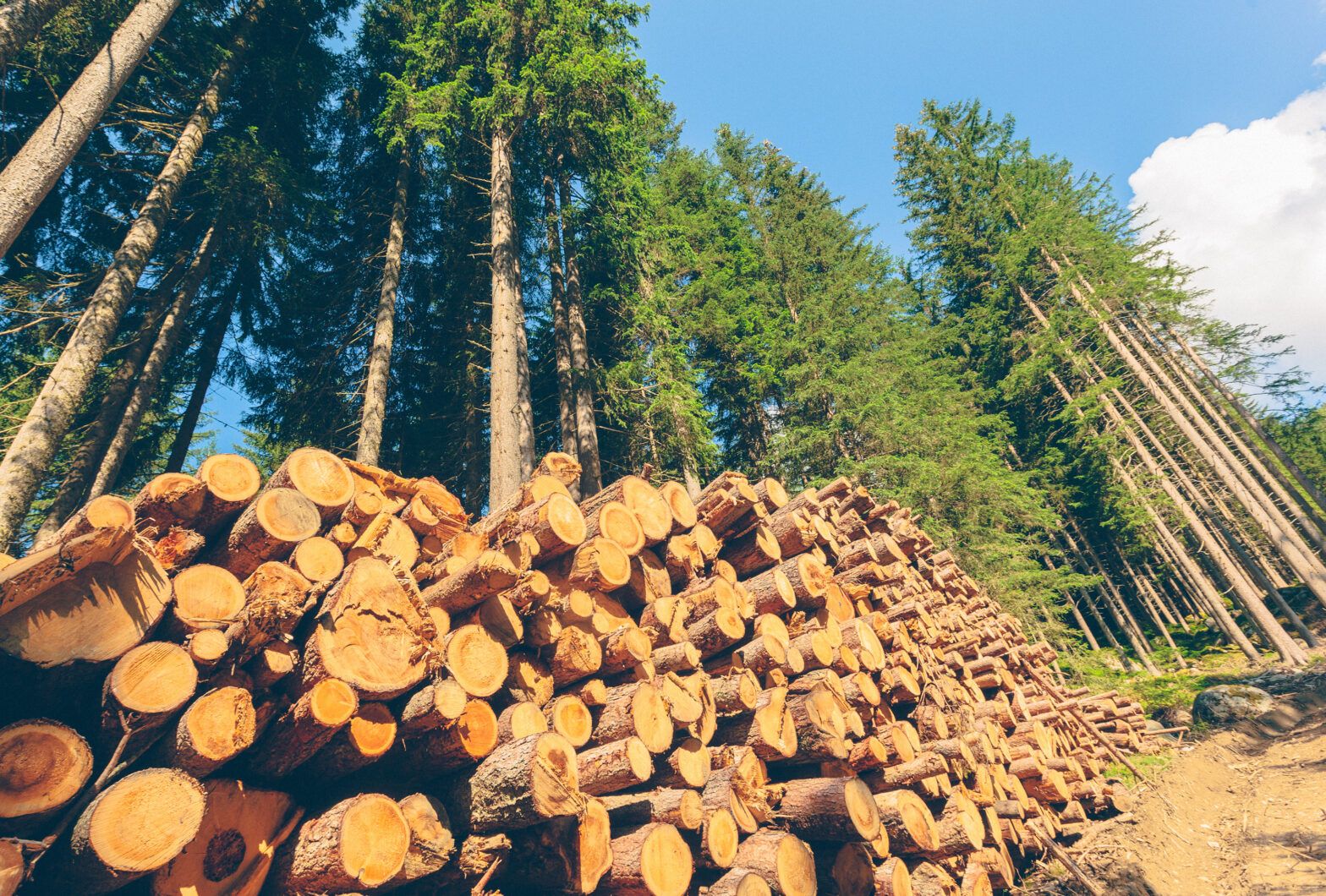The European Union recently approved the new regulation on deforestation-free products, known as the EU Anti-Deforestation Regulation (EUDR), which states that companies marketing within the bloc will have to prove their products do not contribute for deforestation.
While companies trading within the UK are not obliged to follow the same rules, any UK company trading with EU members states will have to adapt with the legislation that came into force on 29 June 2023.
The EUDR targets emblematic products such as cocoa, coffee, palm oil, soya, timber (including tropical timber), rubber, charcoal and even beef, banning their import if they come from land that has been deforested after December 2020.
See also: – Only a quarter of asset managers have anti-deforestation targets
Here, Benoit Jobbé-Duval, managing director of the International Tropical Timber Technical Association answers ESG Clarity‘s questions on how this will change European trade and the due diligence companies will need to carry out.
What information will companies have to provide to prove where products are produced?
Operators must provide the GPS coordinates of the production plot. For plots of less than 4 ha, one GPS point must be provided; for plots of more than 4 ha, the GPS points of the points making up a polygon must be provided. The GPS coordinates must be entered into the European Union’s information system when the declaration of due diligence is made prior to any marketing of products based on raw materials covered by the regulation.
Are EU countries subject to the same risks of sanctions? What are these risks?
The regulation stipulates that each member state must designate a competent authority to ensure that the regulation is implemented in its country. The regulation also provides for stricter control procedures, with a minimum control percentage depending on the level of risk in the countries of supply. Finally, the penalties provided for in the regulation are also strengthened and will have to be defined by each member state on this basis.
Can we expect the regulation to be extended to other products?
The regulation foresees that the list of products may be amended by the Commission by means of a delegated act. The Commission will assess the need and the feasibility of making a legislative proposal to the European Parliament and to the Council to extend the scope of the regulation to further commodities, based on evidence of the impact of relevant commodities on deforestation and forest degradation. The first review of the commodity scope is to take place within two years of the entry into force of the regulation.
How will the UK companies be affected?
British companies that place commodities or commodity derivatives on the EU market will have to provide their customers with the information and details required by the regulation.
The European Commission has notified the UK government that the regulation will be applied in Northern Ireland under the Northern Ireland Protocol. This will make it obligatory for companies to undertake due diligence for any goods sold into Northern Ireland, and therefore the EU single market, including goods from GB.








